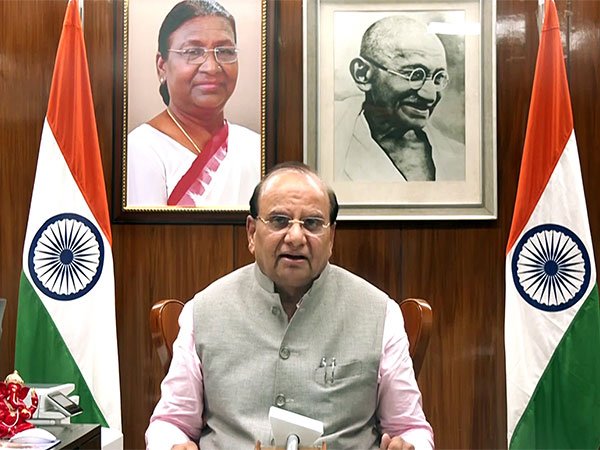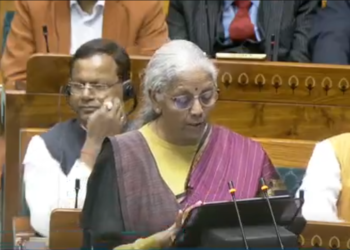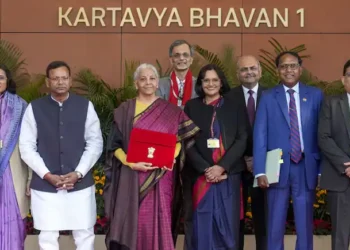The move aligns with Section 194(3) of the BNSS Act, 2023, and seeks to reduce procedural delays, ensure prompt medical attention, and strengthen the victim-centric justice approach promised in the new legal framework.
BY PC Bureau
In a major administrative reform aligned with the three new Criminal Justice Acts—Bharatiya Nyaya Sanhita (BNS), Bharatiya Nagarik Suraksha Sanhita (BNSS), and Bharatiya Sakshya Adhiniyam (BSA)—Delhi Lieutenant Governor V.K. Saxena has approved a crucial proposal for the linking and redistribution of police stations to designated hospitals across the National Capital Territory. This restructuring aims to strengthen the medico-legal infrastructure for the effective handling of Medico-Legal Cases (MLCs) and Post Mortem Examinations (PMEs).
The move is designed to ensure faster, more efficient medical and forensic support to victims of incidents such as sexual assault, road accidents, custodial deaths, and other criminal or emergency situations that require immediate legal-medical intervention. It is also intended to reduce procedural delays that can impact victim recovery, evidence integrity, and timely justice delivery.
Background and Rationale
In the existing system, several police stations were linked to hospitals far from their jurisdictions, resulting in long transportation times, overburdened facilities, and delays in medical examinations and autopsies. These delays were particularly detrimental in cases involving rape survivors, where swift medical response is critical for both treatment and evidence collection.
Moreover, with the implementation of the new criminal codes from July 1, 2025, which emphasize victim-centric justice, digitization, and accountability in police procedures, the realignment of medico-legal responsibilities has become both timely and essential.
READ: Delhi LG Approves Overhaul of Police-Hospital Linkages
Recognizing these challenges, the Delhi Police submitted a comprehensive list of police stations along with their existing and proposed hospital linkages. Subsequently, the Health and Family Welfare Department formulated a proposal to address capacity mismatches and geographical inefficiencies.
A dedicated committee under the Health Department reviewed hospital capacities, geographic accessibility, ambulance availability, and caseload data to recommend optimal pairings. These recommendations were vetted by the Home Department in consultation with Delhi Police and public health officials, ensuring operational and logistical feasibility.
The proposal was legally vetted by the Law Department of the GNCTD, and necessary modifications were made to align the draft notification with existing legal provisions. The final re-distribution order is now being implemented under Section 194(3) of the BNSS Act, 2023.
Impact and Significance
-
Faster Medico-Legal Support: Victims will be transported to the nearest equipped hospital, reducing delays in examination, treatment, and evidence collection.
-
Balanced Workload: Redistribution aims to decongest overburdened hospitals and make use of underutilized facilities.
-
Improved Justice Delivery: Efficient MLC and PME processes are critical for investigations, especially under the reformed laws that prioritize time-bound justice.
-
Institutional Accountability: The move sets a precedent for better coordination among the police, health, and legal departments, with clear hospital-police station mappings.READ:
READ: Water in Diesel Tanks Halts 19 Vehicles in MP CM’s Convoy
The petrol pump incident involving the CM’s convoy just yesterday, and ongoing reports of delayed medical care in high-profile assault cases, have renewed focus on the quality and responsiveness of government systems. This reform responds directly to such concerns.
The LG’s approval marks an important administrative shift that puts victim welfare and procedural efficiency at the forefront of medico-legal case management in Delhi.













